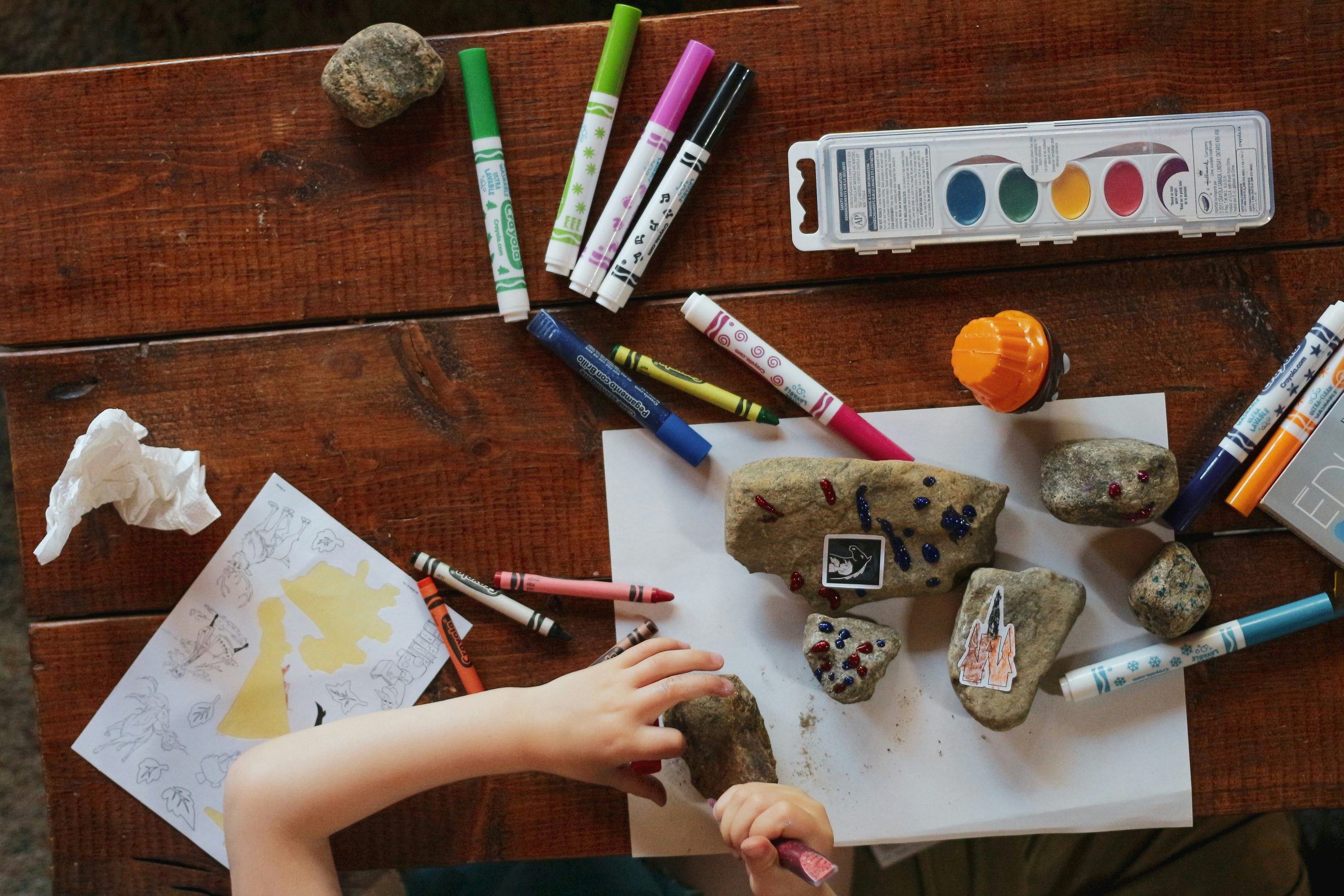Addressing early literacy programs through early childhood education
Welcome to the world of early childhood education, where young minds are nurtured and developed in preparation for their journey through academics and beyond. In this article, we will delve into the importance of addressing early literacy programs through early childhood education, and how it can have a significant impact on a child’s future success. From the role of early literacy in overall academic achievement to the various approaches and strategies used in early childhood education, we will explore it all. So, let’s dive in!
The Importance of Early Literacy Programs
Early literacy, also known as emergent literacy, is the foundation of a child’s reading and writing skills. It refers to a child’s ability to understand, interact with, and use language in different forms, such as listening, speaking, reading, and writing. Research has shown that early literacy skills are closely linked to academic achievement and future success, making it a crucial aspect of a child’s development.
Early literacy programs provide children with the necessary tools and strategies to develop their literacy skills from a young age. These programs focus on building a strong foundation by introducing children to the basic concepts of language and developing their reading and writing abilities. By addressing early literacy through early childhood education, we can set children up for academic success and equip them with the necessary skills to thrive in their future endeavors.
Approaches to Early Childhood Education
Learning through Play
One of the most effective approaches used in early childhood education is learning through play. This approach recognizes the natural curiosity and eagerness to explore that young children possess and uses it as a means of learning. Through play, children engage in various activities that promote their cognitive, social, emotional, and physical development. When it comes to early literacy, learning through play allows children to experiment with language and practice their reading and writing skills in a fun and engaging way.
Phonemic Awareness and Phonics
Phonemic awareness and phonics are essential concepts in early literacy that are incorporated in many early childhood education programs. Phonemic awareness refers to a child’s ability to identify and manipulate the sounds of spoken language, while phonics is the connection between letters and sounds. By teaching children phonemic awareness and phonics, they can better understand and decode words, which is a crucial aspect of reading and writing.
Storytelling and Shared Reading
Another approach to addressing early literacy through early childhood education is through storytelling and shared reading. These activities help children develop their listening and comprehension skills, as well as their vocabulary. By listening to stories and participating in shared reading, children also become familiar with the conventions of print, such as left-to-right reading and turning pages. These skills lay the foundation for reading and writing in the future.
The Importance of a Partnership
To ensure the success of early literacy programs through early childhood education, it is vital to have a partnership between parents, caregivers, and educators. Parents and caregivers play a crucial role in a child’s early development, and by working together with educators, they can reinforce what is being taught in the classroom and support their child’s literacy development at home. This partnership can also help identify any potential struggles a child may face and address them early on.
The Role of Technology
In this modern age, technology has become an inevitable part of our lives, and it has also made its way into early childhood education. With the use of educational apps and programs, children can practice their literacy skills in a new and interactive way. However, it is crucial to use technology in moderation and balance it with other hands-on activities to ensure a well-rounded learning experience.
Addressing early literacy programs through early childhood education is essential for laying the foundation for a child’s future success. By using various strategies and approaches, involving parents and caregivers, and incorporating technology in moderation, we can equip our children with the necessary literacy skills to thrive in their academic and personal lives. So, let’s invest in our children’s early literacy and watch them grow into confident and capable learners.










